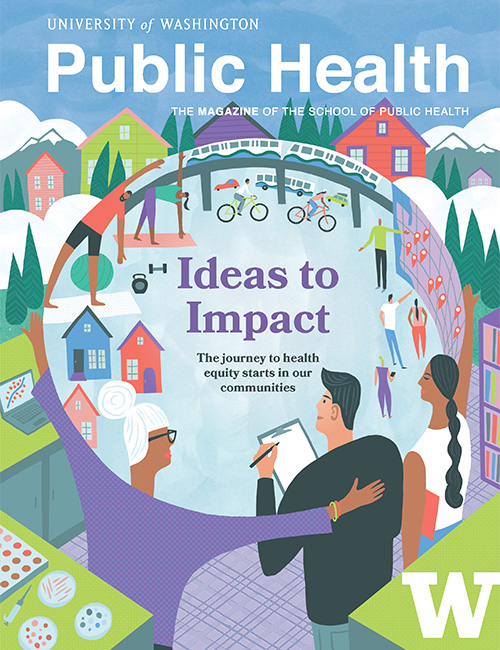The University of Washington School of Public Health honored 11 faculty members who retired last year for their amazing contributions to public health and global health. To learn more about their impact on education, research and policy click on the name of the faculty member.
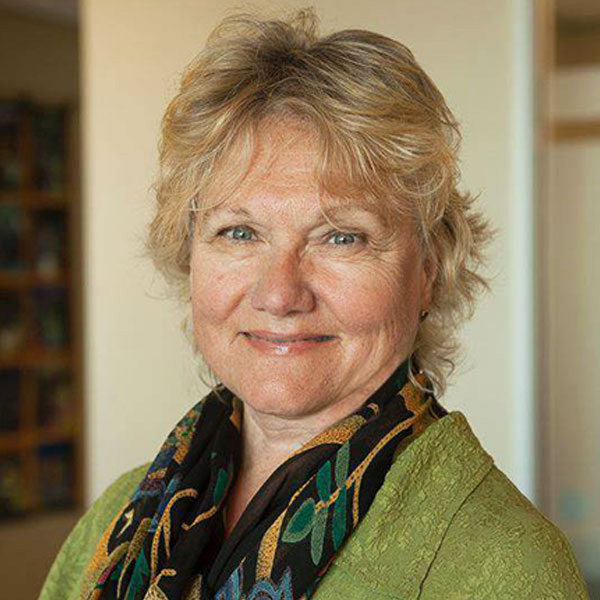
Ann Downer
Emeritus Professor, Global Health
When she looks back, Downer sees most of her career linked by values-focused work. A pioneering educator, she was founding executive director of I-TECH, the International Training and Education Center for Health, in the Department of Global Health, which runs programs in 30 technical areas supporting health care systems. She has worked at the edge of social justice issues, including reproductive rights and HIV prevention and treatment. I-TECH has become an international project that trains health workers in 16 countries using digital learning platforms.

King Holmes
Distinguished Professor Emeritus, Global Health
Holmes’ career spanned the globe. A medical doctor and epidemiologist by training, Holmes was founding chair of the Department of Global Health, and honored for being “father” of sexually transmitted infection (STI) research, including leadership on HIV. Colleagues created an image of more than 150 scientists he had mentored in his more than 50 year career. He fought stigma and built bridges across disciplines to help millions of patients.
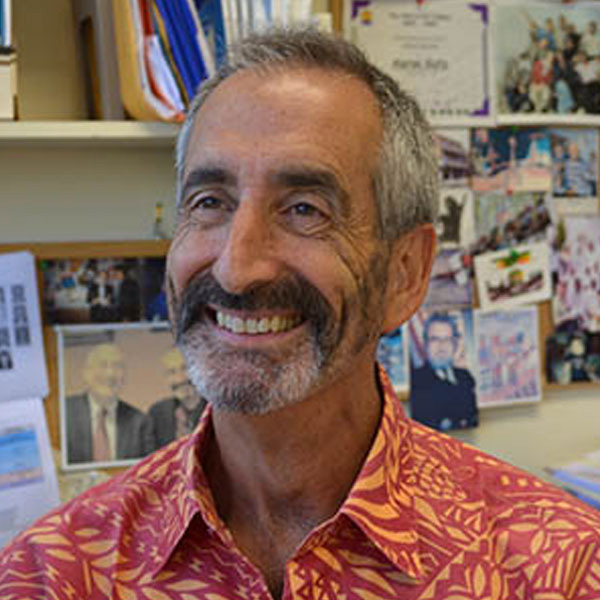
Aaron Katz
Principal Lecturer Emeritus, Health Services
Katz has been framing health in terms of policy for a 30-year career, most recently as a lecturer in the Department of Health Services. He calls this focus his 30,000-foot view of how structures promote or diminish health. From HIV to universal access, he’s taught graduate students to see the differences that new policies can make. He also says working with policymakers is vitally important and academics have to continue to do that.
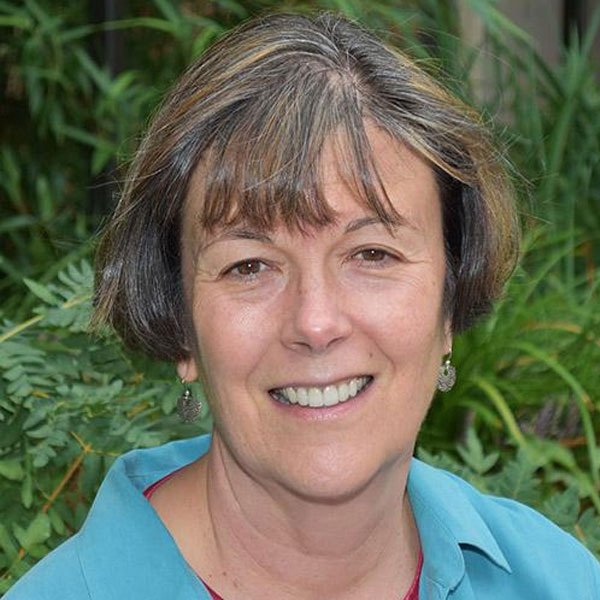
Barbara McKnight
Professor Emeritus, Biostatistics
McKnight considers her work on Human Papilloma Virus (HPV) exposure and cancer some of the most important of her long career in biostatistics. She helped researchers prove the relationship between certain HPV infections and ano-genital cancers, leading to further research that helped develop a successful vaccine. McKnight also developed curriculum in her department and says listening to the questions of students helped her center her teaching around those areas. She also worked closely on studies of cardiovascular disease.
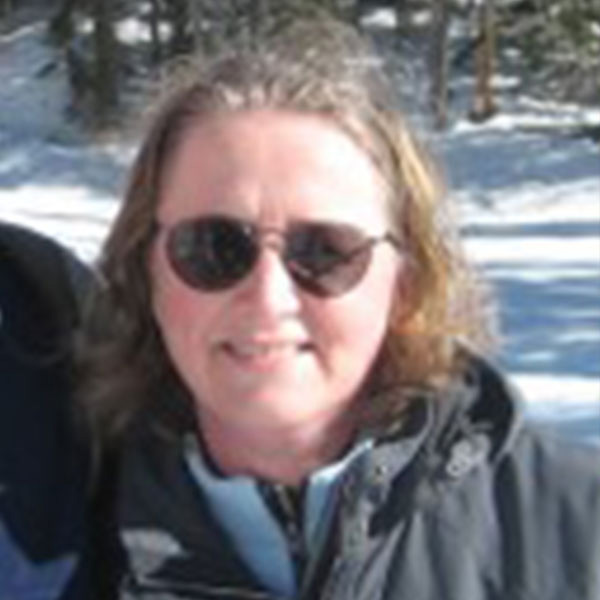
Kathleen Peterson
Senior Lecturer Emeritus, Health Services
From her first job compiling patient records for a hospital to her recent work developing curriculum for the Health Informatics and Health Information Management program, Peterson has been chasing emerging technology for her entire career. Her leadership helped grow enrollment in the program, at both the bachelor’s and master’s levels. She says seeing the success of the graduates is one of the best parts of teaching.
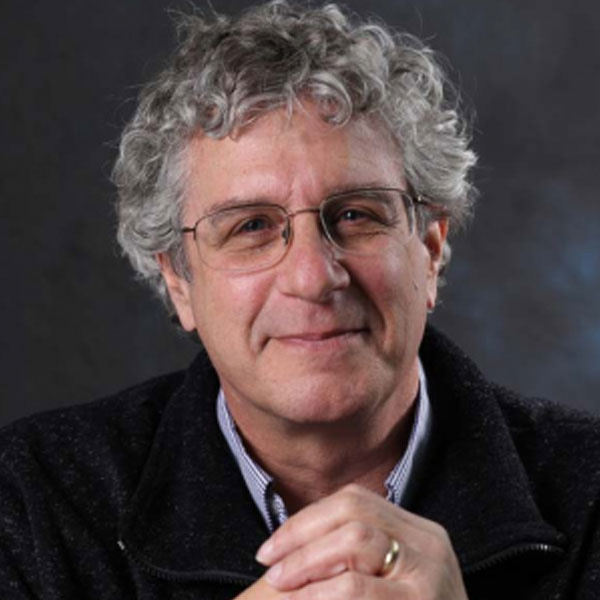
Mike Rosenfeld
Professor Emeritus, Environmental & Occupational Health Sciences
Rosenfeld took his knowledge of the vascular system in humans and studied and taught both nutritional sciences and environmental influences on heart health in his 30-year career. Rosenfeld helped develop mice that were genetically altered to show signs of atherosclerosis, and with that model also tested the impact of diesel exhaust on the rodents. This research helped the public understand that air pollution contributes to heart disease.
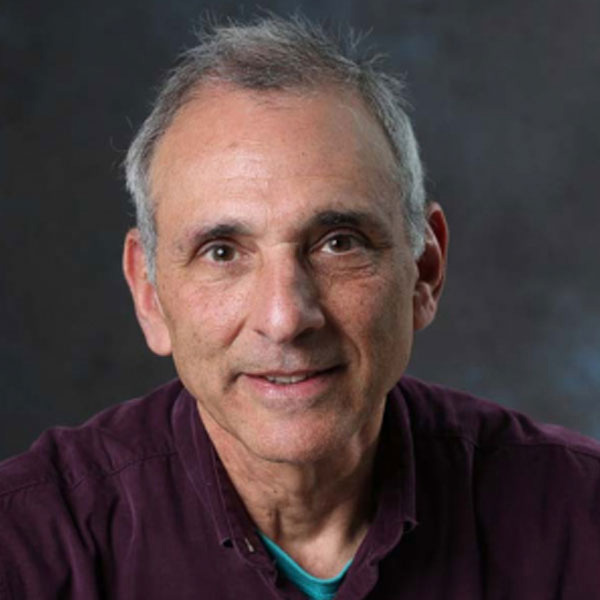
Noah Seixas
Professor Emeritus, Environmental & Occupational Health Sciences
Seixas spent his 43-year public health career focused on vulnerable workers. With his doctorate in industrial hygiene, he developed new ways to measure worker exposure to coal dust — work that led to policy changes to protect those workers. He also pioneered ways to protect gig workers and people likely to suffer race or gender discrimination on the job. Seixus reminds us that socioeconomic factors have a profound impact on health.
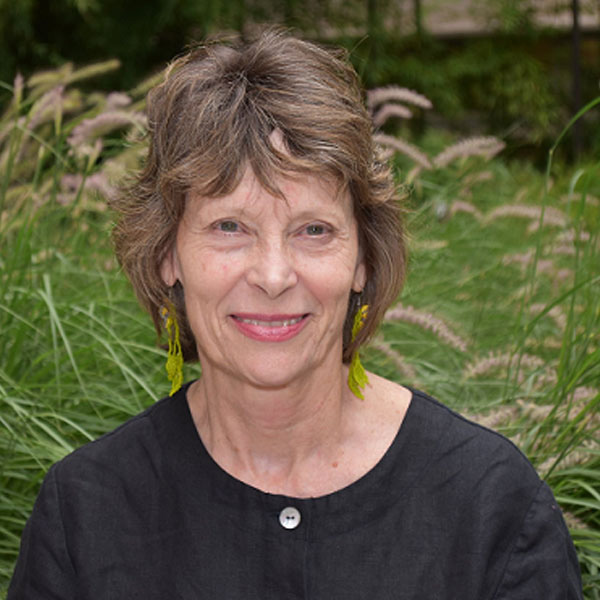
MaryLou Thompson
Research Professor Emeritus, Biostatistics
Thompson saw enormous scale change in the data that her field of biostatistics could tackle, from working with a thousand paper records to computerized searching of millions of electronic documents. During her time at the UW, she worked in South Africa (where she did her graduate work) and offered training for health workers there. She served on a task force for the School of Public Health in equity, diversity and inclusion and will continue striving for improvement after retirement.
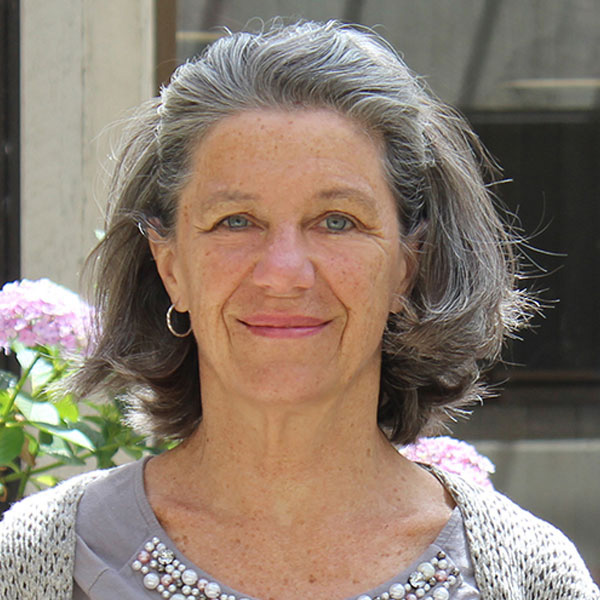
Ann Vander Stoep
Retired as Professor, Epidemiology, and Adjunct Professor, Global Health
Vander Stoep made children, and their mental health, the center of her work for many years as an epidemiological psychiatrist. She combined knowledge on depression with study of the public social fabric. She led an innovative long-term study of mental health among public school students in Seattle middle schools, and shared her methods with a project in Kenya. Vander Stoep also played an important role in launching the UW Global Mental Health Program.
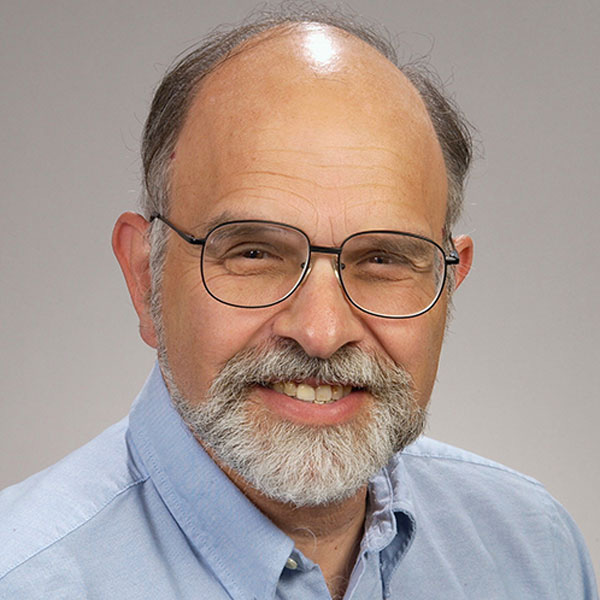
Noel Weiss
Professor Emeritus, Epidemiology
Weiss, mentor to a generation of budding epidemiologists, enjoyed teaching the methods that he calls the “gospel” for designing observations and analysis to best prove links between exposure and illness. Although he was an author on about 700 papers, Weiss remembers the mentoring most fondly. Weiss says he loved knowing that others took what they learned from him and applied it to big questions.
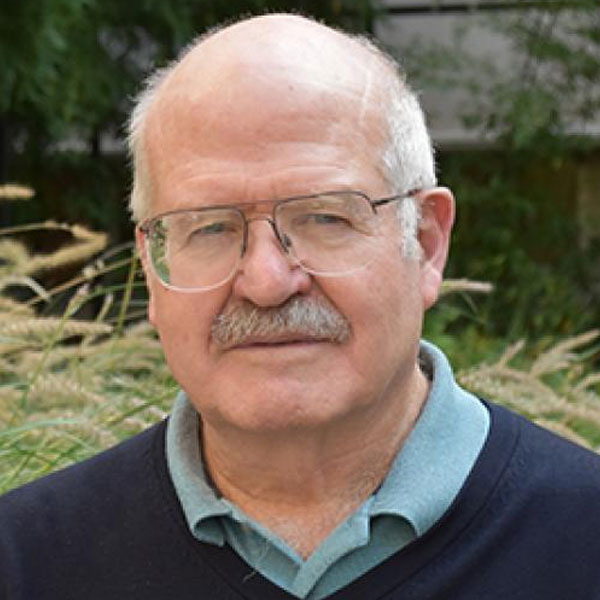
Jon Wellner
Retired as Professor, Biostatistics
During his 37 years at the UW, Wellner was a professor in both biostatistics and statistics. He co-authored a book about empirical processes, now a standard text in many programs. His work is at the interface of probability and statistics, and his mentoring of students is central to his legacy. He cites more than 100 academic “children and grandchildren.”
